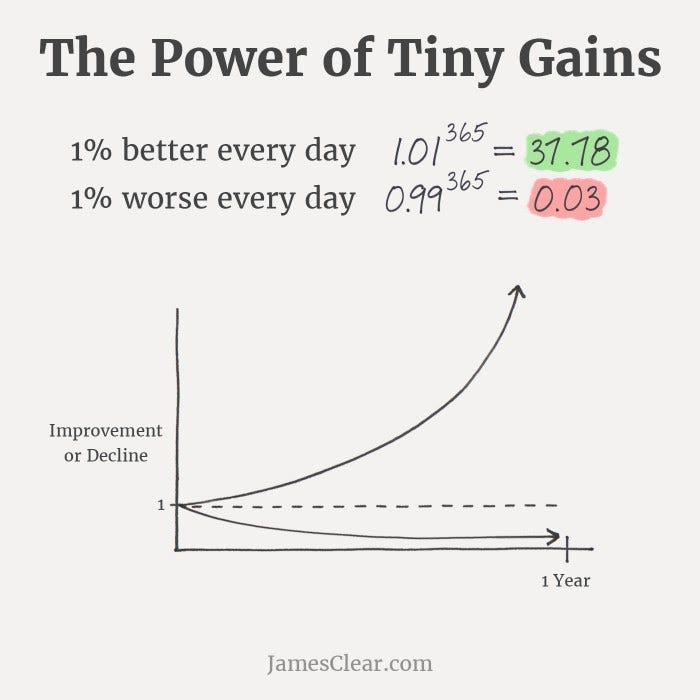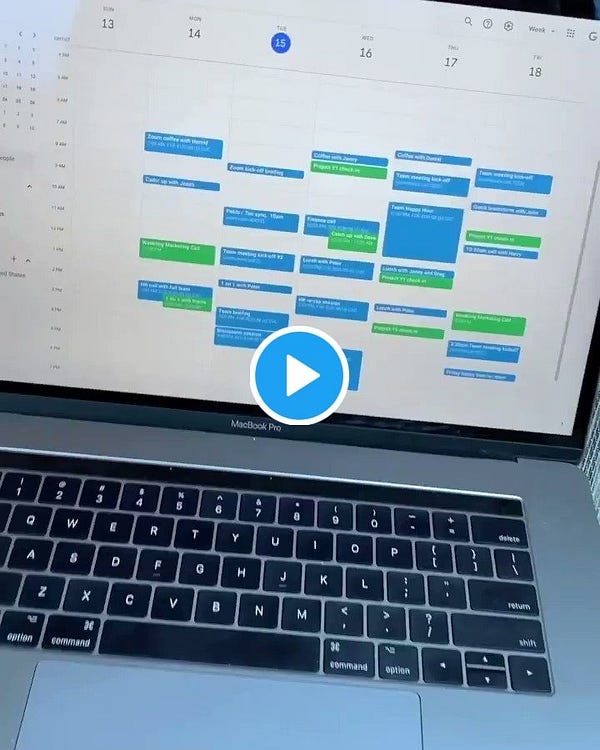Does personal growth have to be a zero-sum game?
... and how AirBnB, Microsoft and Waze got lucky
The Unintentional Diminisher
This is a great article by Patrick Kua on the roles of Multipliers and Diminishers - whether your efforts increase the team's overall capacity or reduce it. What's very interesting is the case of the Unintentional Diminisher. Patrick has a story about Robin in the article which is worth reading. In essence, Robin is a really sharp engineer, but even after stepping into a Lead role, they try to keep all the interesting fun stuff to themselves. Ultimately the team members quit due to lack of challenging work and Robin finds themself highly overworked. (Some of these are written in the context of engineers, but may apply equally to other areas where knowledge workers collaborate closely)
I was talking to a friend about it and we realized how this situation has developed probably based on how our education system is set up. In most cases, success is about "competition" — you and your classmate answer a similar set of questions, and scores are graded on some kind of a spectrum. You compare your scores with peers and whosoever scores highest is deemed better and creates opportunities. Students do work on each other’s success in small groups, but by and large, people care about their success.
This attitude carries into the early part of our careers, where many companies stack rank their employees and dole our promotions (and PIPs) on a bell curve. Unfortunately, this reinforces the idea of personal growth being a zero-sum game. Microsoft's struggles with stack ranking are well known and some attribute it as one of the main reasons for the lost decade. It publicly threw the system out of the window a few years ago. I'm pretty sure it’s just known by a different name now — old habits die hard :)
Once you go grow in your career though, you realize that it’s less about capturing parts of the pie, but growing the pie, so your colleague’s success is your success. Unfortunately, given all of the past training that we have over the decades, this concept takes some time to internalize. This is also the reason that fast-growing startups present the most opportunities for career growth — the pie grows so quickly that people see the magic that happens through the growth of the pie at warp speed internalize this idea faster.
Large, complex projects don't succeed just by one man's (or woman's) effort - they take a team or multiple teams to synchronize and deliver. You often have to hand out the meaty parts to others to motivate them to join your journey. At some point, the solo sport turns into a team sport — and many people are, unfortunately, unable to calibrate when making sure others are motivated is more important than doing complex work themselves.
Given all of this, I wonder if tweaks can be made in our education system so that success is not deemed as a zero-sum game and in gigs early in the career. It is no wonder that so many leadership roles end up with people who demonstrated success in a team sport or other extra-curricular activities.
In the same vein, read Will Larson's writings on Work on What Matters where he also talks about fostering growth and finishing projects. See also all the HackerNews comments on this. Also, see the HN comments on this.
This article on senior engineers and why they don't get much done is also very relevant to this. The other side of the same coin — as you grow, ownership and mentorship are more important, and sometimes that means you first help other people do interesting things. Another interesting article one on how an engineer grew in his career
Loved the song on Serverless Lambdas!
Lucky... by Chance, by design, or through sheer perseverance?
A few words by Tim Cook meant the difference between an inconsequential startup and a $ Bn acquisition by Google.
How IBM's OS/2 lost out to Windows. The story should always have been the other way around, but IBM bungled up even with a technically superior product and Microsoft growth hacked the hell out of it (better printing support and ecosystem around Windows)
An ML engineer got laid off and had 60 days to land something. See how he prepared and executed his job search.
Paul Graham was really really really really persistent with Fred Wilson when AirBnB (then Airbed) was raising funds.
1% Improvements or Step Functions?

There's a massive narrative about continuous improvement and compounding. After all 1.01x ^ 365 = 37.78X. But we often forget how fundamental step-function innovation has been for some of our greatest successes. In tech, it was Prime/AWS for Amazon, Gmail/YT/Android for Google, and Snapchat for Facebook.
Elsewhere
RBG passed away last weekend. I didn't know as much about her background (being a relatively recent immigrant), but reading her obituary was truly inspirational.
Throwback from Fred Wilson: The Best Investors are Connectors.
Surprising how many great companies scaled quite a bit even before they hired their first PM. Lyft, Stripe, Airtable - all went > 5y ears without a PM
More Snowflake & SaaS craziness:
They had the same head of sales for 7 years across 3 CEOs. How is that even possible?
This summary of Q2 Public SaaS companies is really amazing. Love how Jamin also wrote about some key metrics to watch for. Gross Margin adjusted CAC Payback, anybody?
Aishwarya Nagarajan writes about the geopolitics of chip manufacturing in light of the NVidia and ARM deal.
It turns out writing fast is as valuable as writing really well
Very good viz of a roadmap for a data engineer in 2020 (reproduced below)






